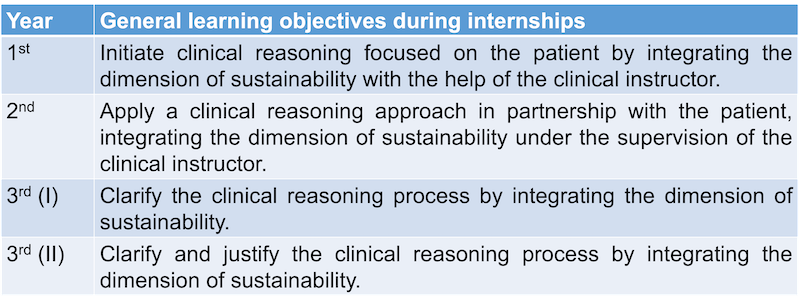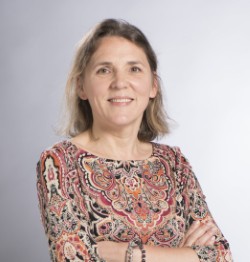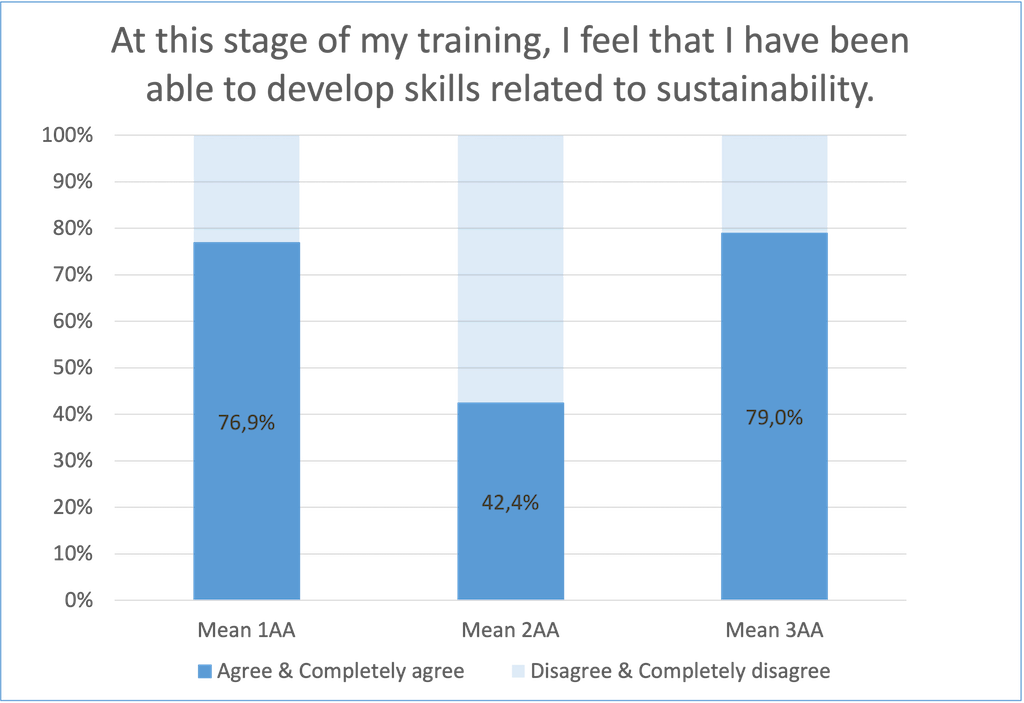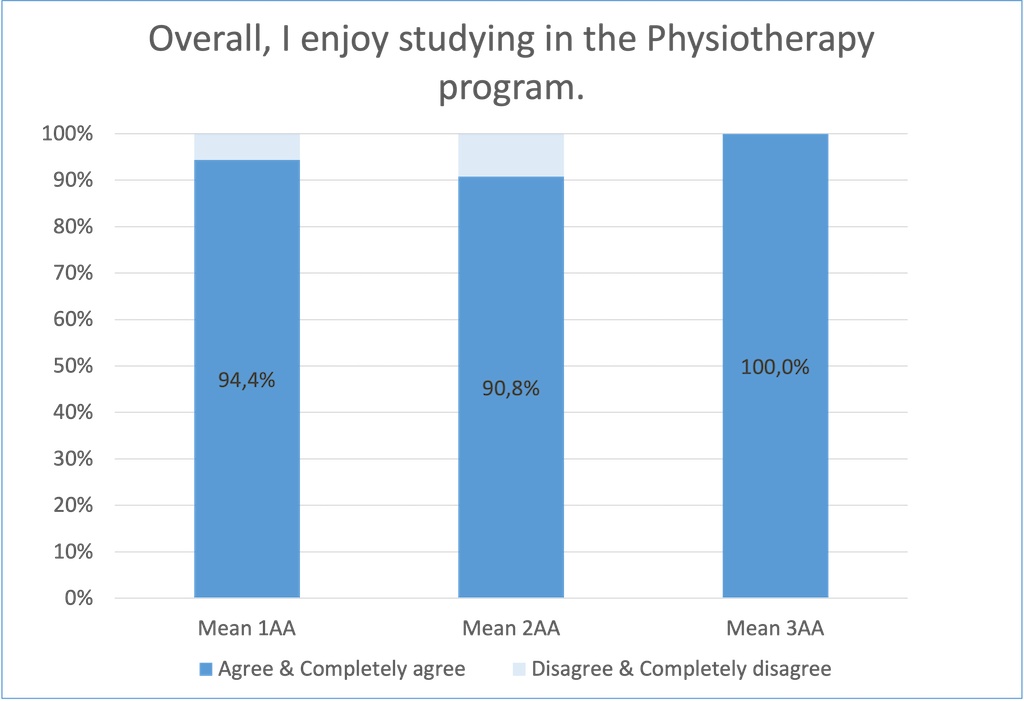
Development of a sustainable physiotherapy program in French-speaking Switzerland: Integrating environmental perspectives
Background
In response to environmental challenges and evolving healthcare needs, physiotherapy education in French-speaking Switzerland requires a significant overhaul to incorporate sustainability perspectives [1]. This initiative aims to align health professionals’ training with contemporary ecological concerns [2].
Purpose
The primary aim of this project was to integrate environmental and sustainability perspectives into physiotherapy education and to gather student feedback.
Methods
The project involved developing a new training program based on a comprehensive review of literature on environmental physiotherapy, using databases such as MEDLINE, PEDro, and Environmentalphysio.com. This review facilitated the integration of sustainability objectives into each training module, including internships.
Furthermore, as part of the university’s quality approach, we conducted a student survey aligned with the EEE framework (“Évaluation des Enseignements par les Étudiant·es”, Evaluation of teaching by students). This survey employed a four-point Likert scale, with 0 representing ‘Not at all agree’ and 4 representing ‘Completely agree’. The survey serves as a tool for collecting student feedback that guide the evaluation and development of educational programs.
Results
The literature review (described in detail elsewhere [4]) underscored that sustainability should be seamlessly integrated throughout the entire physiotherapy training program from the start, rather than being added as separate modules. This aligns with the 2022 Framework Study Plan for the Bachelor of Science HES-SO in Physiotherapy in Switzerland [5], which incorporates active and participatory pedagogical approaches [6] and is supported by faculty training [7]. An example of the progression of learning objectives is presented in Table 1.

Table 1: The progression and deepening of clinical reasoning skills in the context of sustainability across the three years of internship training.

Emmanuelle Opsommer (PhD)
Professeure HES ordinaire HESAV - School of Health Sciences, University of Applied Sciences and Arts Western Switzerland
Emmanuelle Opsommer has been a professor at the School of Health Sciences since 2008 and served as the dean of the physiotherapy department from 2015 to 2024. Her research focuses on preventing pain and mitigating chronicity through non-invasive approaches, integrating both quantitative and qualitative methodologies, with a particular emphasis on environmental considerations.
Survey results from physiotherapy students (n=150; the survey participation rate varied from 13% to 83%, with the highest participation occurring with on-site electronic surveys) on their perceived development of sustainability skills show varying levels of agreement across different cohorts and semesters (Figure 1).


Generally, students tended towards moderate agreement with the development of these skills, with mean scores around 3 ‘Tend to agree’ indicating a moderate acknowledgment of skill acquisition. Notably, first-year students in the spring term and third-year students in the fall term demonstrated a more definite agreement. A positive trend in student satisfaction with the physiotherapy program was quantifiably strong, with mean satisfaction scores generally above 3 out of 4, indicating that most students tend to agree or completely agree with their appreciation of the program. The trend was particularly strong in later years, with third-year students often reporting mean scores close to 4, suggesting a high level of satisfaction.
Conclusion
The study highlights a positive trend in integrating sustainability into physiotherapy education, as evidenced by student feedback, and supported by literature. The gradual increase in sustainability awareness among students is promising. Future efforts should focus on reinforcing these concepts and enhancing faculty support to solidify sustainability as a fundamental component of physiotherapy education, preparing professionals for the emerging challenges of environmental health care.
Implications
With growing awareness among students, the future implications for patient care, particularly in terms of sustainable health practices, are encouraging. Further research should explore the direct benefits for patients, thus bridging the gap between research, clinical practice, education, and societal needs. This process requires collaborative efforts across various disciplines, a focus on research, and support from policymakers. Ongoing commitment to these principles is essential for future-proofing physiotherapy education against evolving environmental health demands.
References
[1] Maric et al., (2021) Eur J. Physiotherapy, 23(4):201-202
[2] Guzmán et al. (2021) Lancet Planetary Health, 2021;5(5):e253-e5
[3] HES-SO (2019) “Outils de pilotage EEE”
[4] Opsommer (2023) Mains Libres, 4:273-280
[5] HES-SO (2022) Plan d’études cadre BSc Physiotherapy
[6] Poget et al. (2024) Poster IFOMPT D2064
[7] HES-SO (2021) “Former pour transformer” (https://www.hes-so.ch/la-hes-so/durabilite/former-pour-transformer).
Header image by Armand Khoury on Unsplash

0 Comments